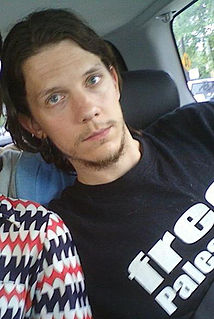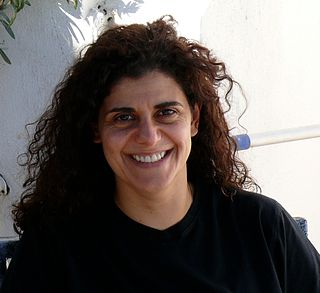A Quote by Derrick Jensen
We can follow the example of those who remembered that the role of an activist is not to navigate systems of oppressive power with as much integrity as possible, but rather to confront and take down those systems.
Related Quotes
Abstract systems depend on trust, yet they provide none of the moral rewards which can be obtained from personalised trust, or were often available in traditional settings from the moral frameworks within which everyday life was undertaken. Moreover, the wholesale penetration of abstract systems into daily life creates risks which the individual is not well placed to confront; high-consequence risks fall into this category. Greater interdependence, up to and including globally independent systems, means greater vulnerability when untoward events occur that affect those systems as a whole.
I say we have not even had the decency to maintain the assets that our parents and grandparents built for us - our roads, our bridges, our wastewater systems, our sewer systems; by the way, those weren't Bolsheviks, those weren't socialists that built those things for us - much less build the infrastructure we need for the 21st century.
The tragic reality is that very few sustainable systems are designed or applied by those who hold power, and the reason for this is obvious and simple: to let people arrange their own food, energy and shelter is to lose economic and political control over them. We should cease to look to power structures, hierarchical systems, or governments to help us, and devise ways to help ourselves.
"Oppression" or "systems of oppression" operate as a shorthand terms in much writing and speaking so that we do not have to list all these systems of meaning and control each time (i.e. racism, ableism, xenophobia, etc.). I needed a term like that, but "oppression" implies a kind of top-down understanding of power that is at odds with the Foucaultian model I rely on in my work.

































